|
Nau mai, haere mai - welcome to this week’s New Zealand newsletter.
In Climate Explained this week, AUT plant ecologist Sebastian Leuzinger responds to a reader who wanted to know why plants don’t grow faster or bigger with more carbon dioxide in the air.
University of Waikato law expert Brenda Midson takes a close look at the tragic case of Whanganui grandmother, Lorraine Smith, who pleaded guilty to murder and was sentenced to 12 years in prison - and she argues that this case highlights the need for a defence of diminished responsibility.
And two articles discuss the results from an annual survey, asking New Zealanders about their trust in people and institutions, carried out by Victoria University of Wellington’s Institute for Governance and Policy Studies. Kate Prickett explores what the data show about gun ownership in New Zealand, and how much people who own firearms trust the pro-gun lobby, and Simon Chapple writes that Buddhists are the most trusted religious group in New Zealand, while people trust Evangelicals the least.
Keep an eye out for more stories on the New Zealand page - an embargo lifts on two interesting pieces tomorrow morning - and please share this newsletter with your friends and colleagues. They can subscribe here. Ngā mihi nui ki a koutou katoa.
|
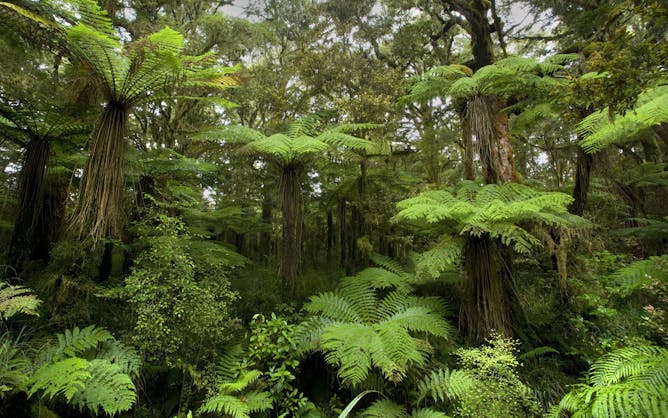
Fast-growing plantation trees store less carbon per surface area than old, undisturbed forests that may show little growth.
from www.shutterstock.com
Sebastian Leuzinger, Auckland University of Technology
Plants live off carbon dioxide, but a higher level of the greenhouse gas in the air doesn't necessarily lead to more biomass production.
|
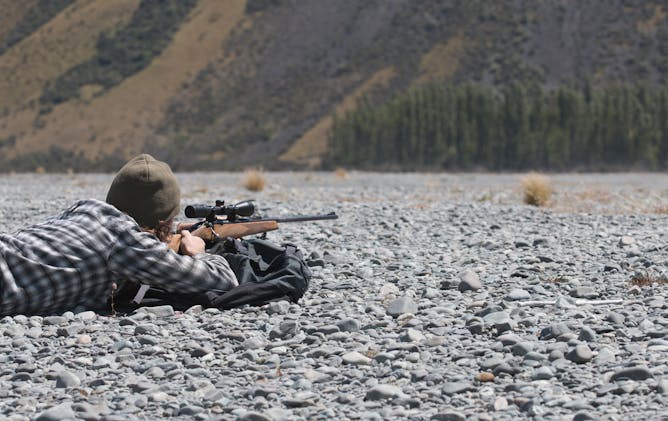
In a recent survey, New Zealand gun owners reported more trust in other gun owners than people who don’t own guns, but lower levels of trust in the pro-gun lobby.
from www.shutterstock.com
Kate C. Prickett, Victoria University of Wellington; Simon Chapple, Victoria University of Wellington
New Zealand police is running gun collection events throughout the country as part of the government's amnesty and buyback scheme.
|
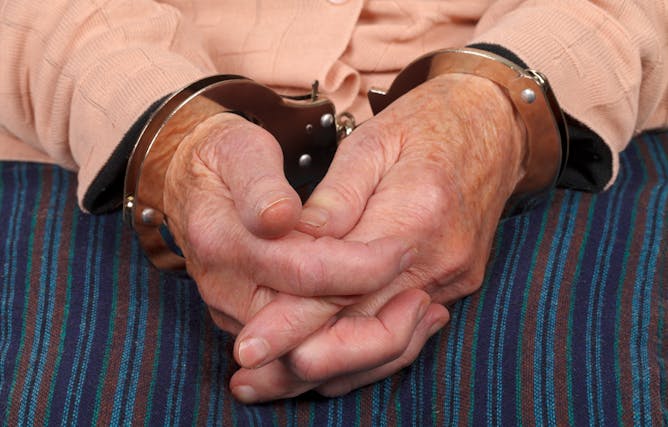
The judge described a grandmother who was sentenced for murder this week as suffering from severe mental health issues and “carer burnout”.
from www.shutterstock.com
Brenda Midson, University of Waikato
The case of a grandmother who killed her granddaughter after caring for her and other family members for years raises the question: should New Zealand consider mental distress as a defence argument?
|

The data show no evidence of local anti-Semitism or Islamophobia – but this does not mean that hate towards minority religious groups does not exist in New Zealand.
AAP/Mick Tsikas
Simon Chapple, Victoria University of Wellington
A survey of New Zealanders' attitudes towards religious groups, taken after the Christchurch mosque shootings, shows they trust Buddhists most and Evangelicals least.
|
From The Conversation's international editions
|
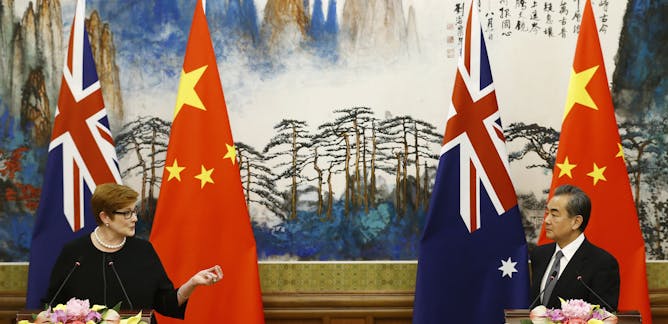
Tony Walker, La Trobe University
Backbencher Andrew Hastie's recent opinion piece has caused ructions within the government, but Scott Morrison needs to articulate a clear policy on China that also allows for dissenting voices.
| |

Dominique de Andrade, The University of Queensland; Cheneal Puljević, The University of Queensland; Kerri Coomber, Deakin University; Peter Miller, Deakin University
Rates of unwelcome advances haven't changed under Queensland's 'Tackling Alcohol-Fuelled Violence' policies. In one entertainment district, it happened to 26% of women the night they were interviewed.
|
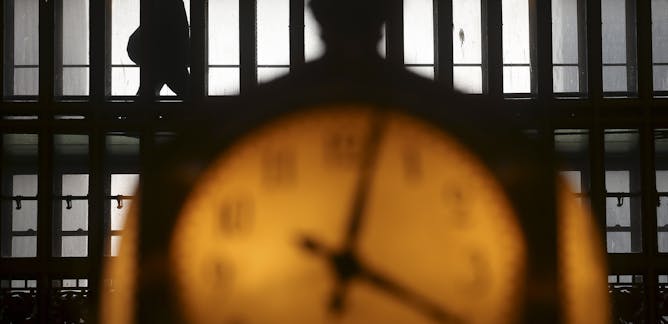
Jane E. Palmer, American University School of Public Affairs
Part of a law that goes into effect in New York state on Aug. 14 allows victims more time sue in civil court. Epstein's victims can still go after his estate.
| |
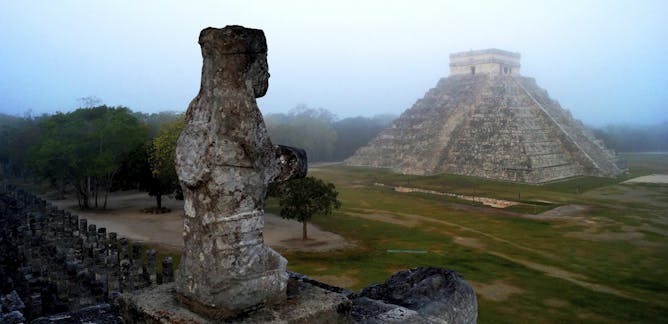
Gabriel Diaz Montemayor, University of Arkansas
An ambitious new train would link resorts like Cancun to inland ancient ruins and colonial towns. That means laying rail across 932 miles of dense jungle, pristine beach and indigenous villages.
|
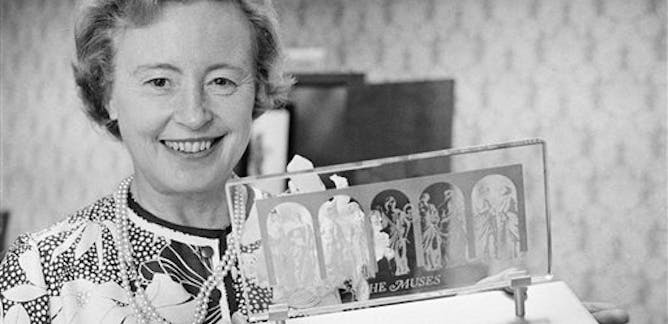
Andreea Font, Liverpool John Moores University
In an age when women were rarely allowed in observatories, Margaret Burbidge changed how we saw the stars.
| |

Brian Nolan, University of Oxford
Populism is on the rise in countries where inequality has been fairly stable over time, as well as countries where inequality has grown.
|
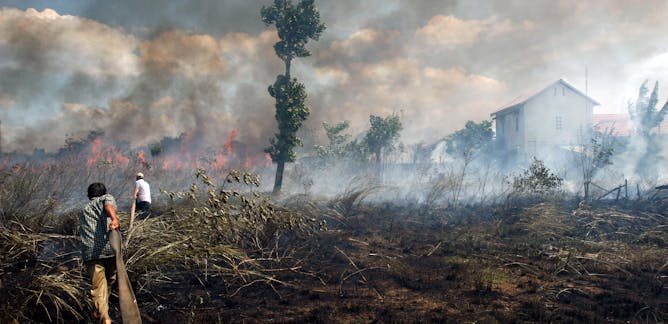
Rini Astuti, National University of Singapore; Helena Varkkey, University of Malaya; Zu Dienle Tan, National University of Singapore
The Indonesian government should improve transparency and public access to land-use data, make the ban on new plantations on primary forests permanent, and give communities access to forests.
| |
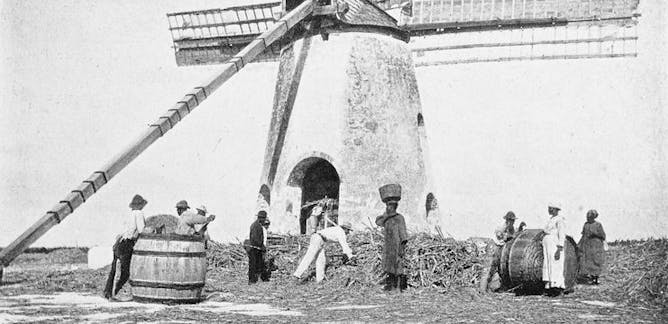
J.M. Opal, McGill University
The vicious ideology that allegedly drove a gunman to kill 22 people in El Paso, Texas last week could be traced back to a tiny island on the eastern fringe of the Caribbean Sea
|
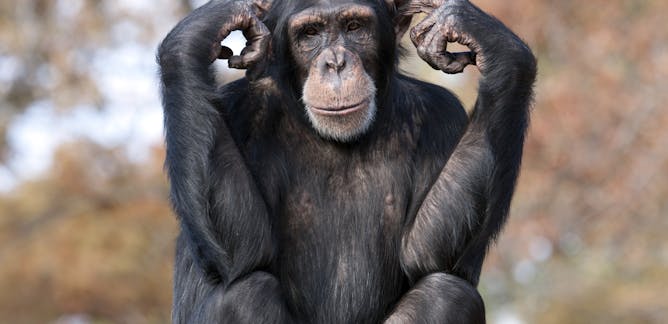
Christoph Völter, University of Veterinary Medicine, Vienna
Chimpanzees, like humans, possess working memory abilities. They're able to perform similar to seven-year-old children.
| |
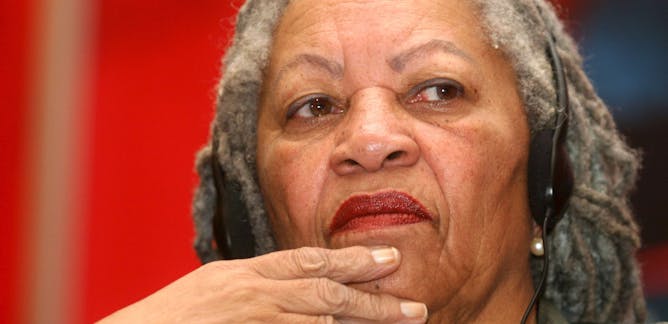
Aretha Phiri, Rhodes University
In some ways, perhaps Morrison is even more relevant in South African universities today than she's ever been.
|
|
|